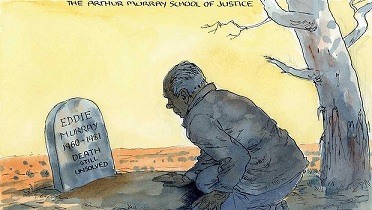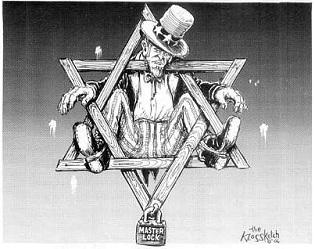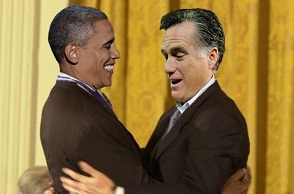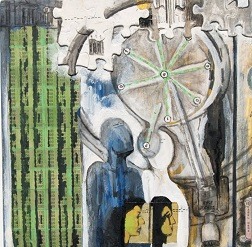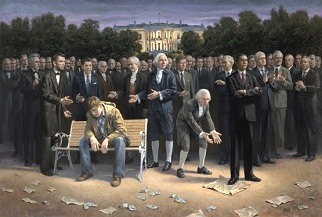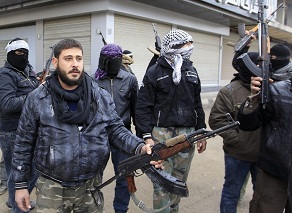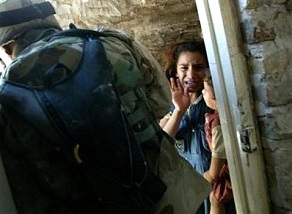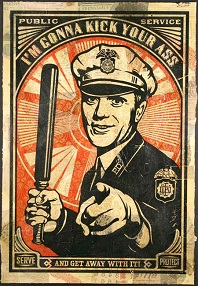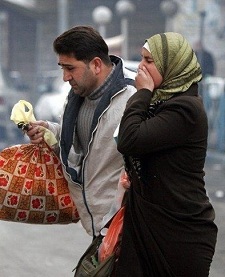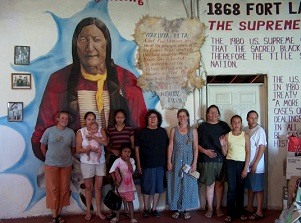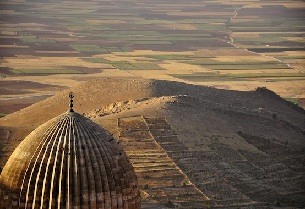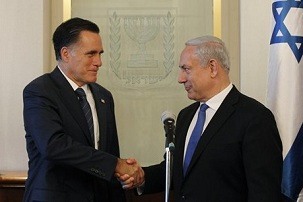The life and death of an Australian hero, whose skin was the wrong colour
The life and death of an Australian hero, whose skin was the wrong colour
Arthur Murray died the other day. I turned to Google Australia for tributes, and there was a 1991 obituary of an American ballroom instructor of the same name. There was nothing in the Australian media. The Australian newspaper published a large, rictal image of its proprietor, Rupert Murdoch, handing out awards to his employees. Arthur would have understood the silence.
I first met Arthur a generation ago and knew he was the best kind of trouble. He objected to the cruelty and hypocrisy of white society in a country where his people had lived longer than human beings had lived anywhere. In 1969, he and Leila had brought their family to the town of Wee Waa in outback New South Wales and camped beside the Namoi River. Arthur worked in the cotton fields for a flat rate of A$1.12 an hour. Only "itinerant blackfellas" were recruited for such a pittance; only whites had unions in the land of "fair go". Having not long been granted the vote, the First Australians were still not counted in the national census - unlike the sheep.
Working conditions in the cotton fields were primitive and dangerous. "The crop-sprayers used to fly so low," Arthur told me, "we had to lie face down in the mud or our heads would've been chopped off. The insecticide was dumped on us, and for days we'd be coughing and chucking it up." In 1973, a Sydney University study reported its "astounded" finding of fish floating dead on the surface of the Namoi River, poisoned by the "utterly mad, uncontrolled" level of spraying, which continued.
Arthur and the cotton-chippers made history. They went on strike, and more than 500 of them marched through Wee Waa. The Wee Waa Echo called them "radicals and professional troublemakers", adding that "it is not fanciful to see the Aboriginal problem as the powder keg for Communist aggression in Australia". Abused as "boongs" and "niggers", the Murrays' riverside camp was attacked and the workers' tents smashed or burned down.

























